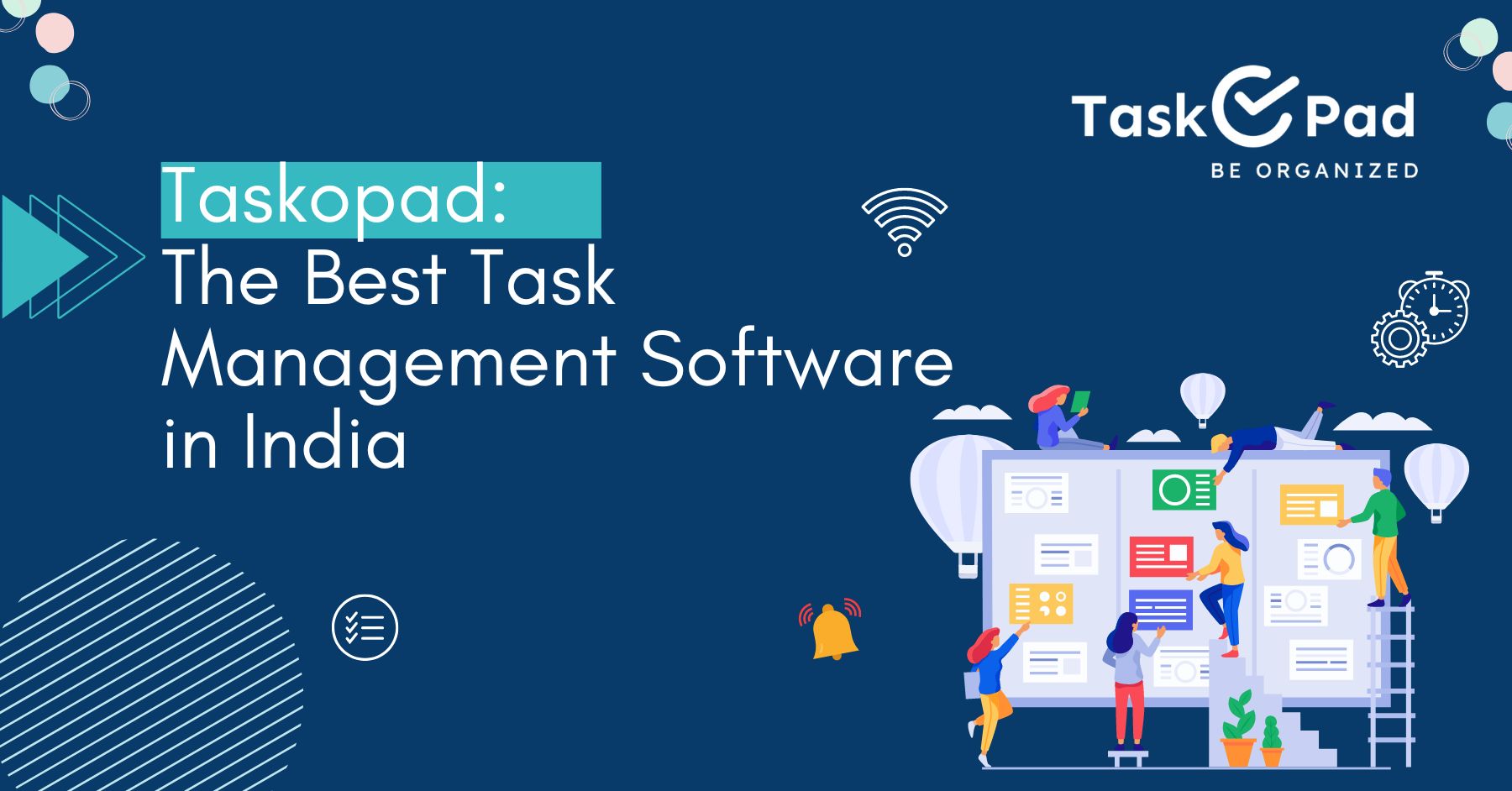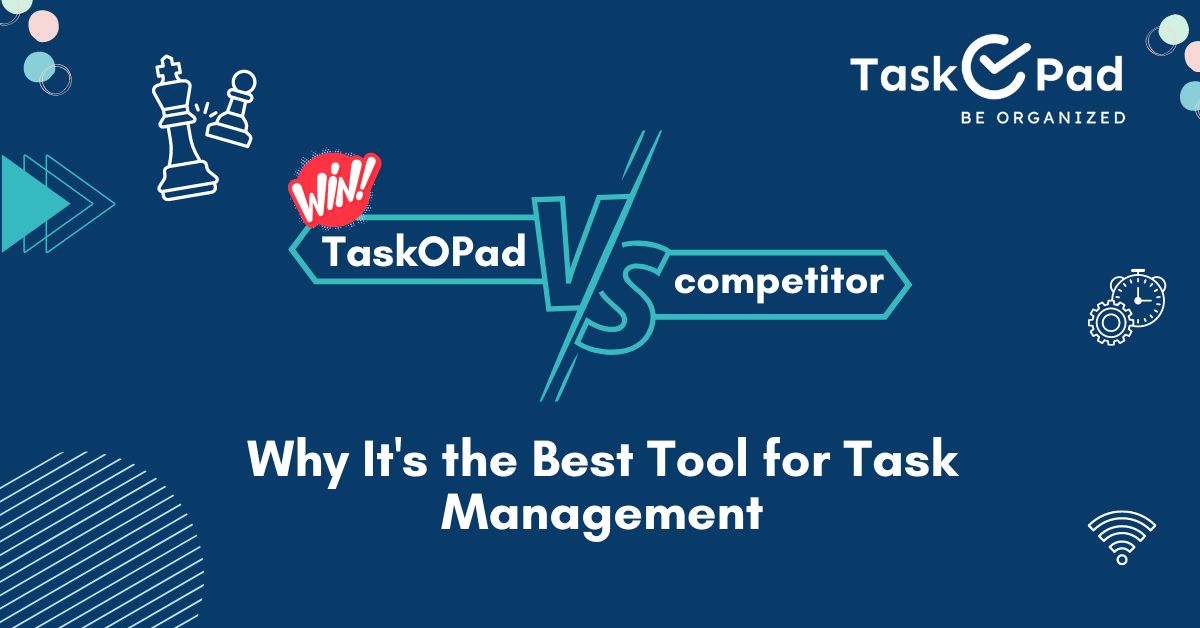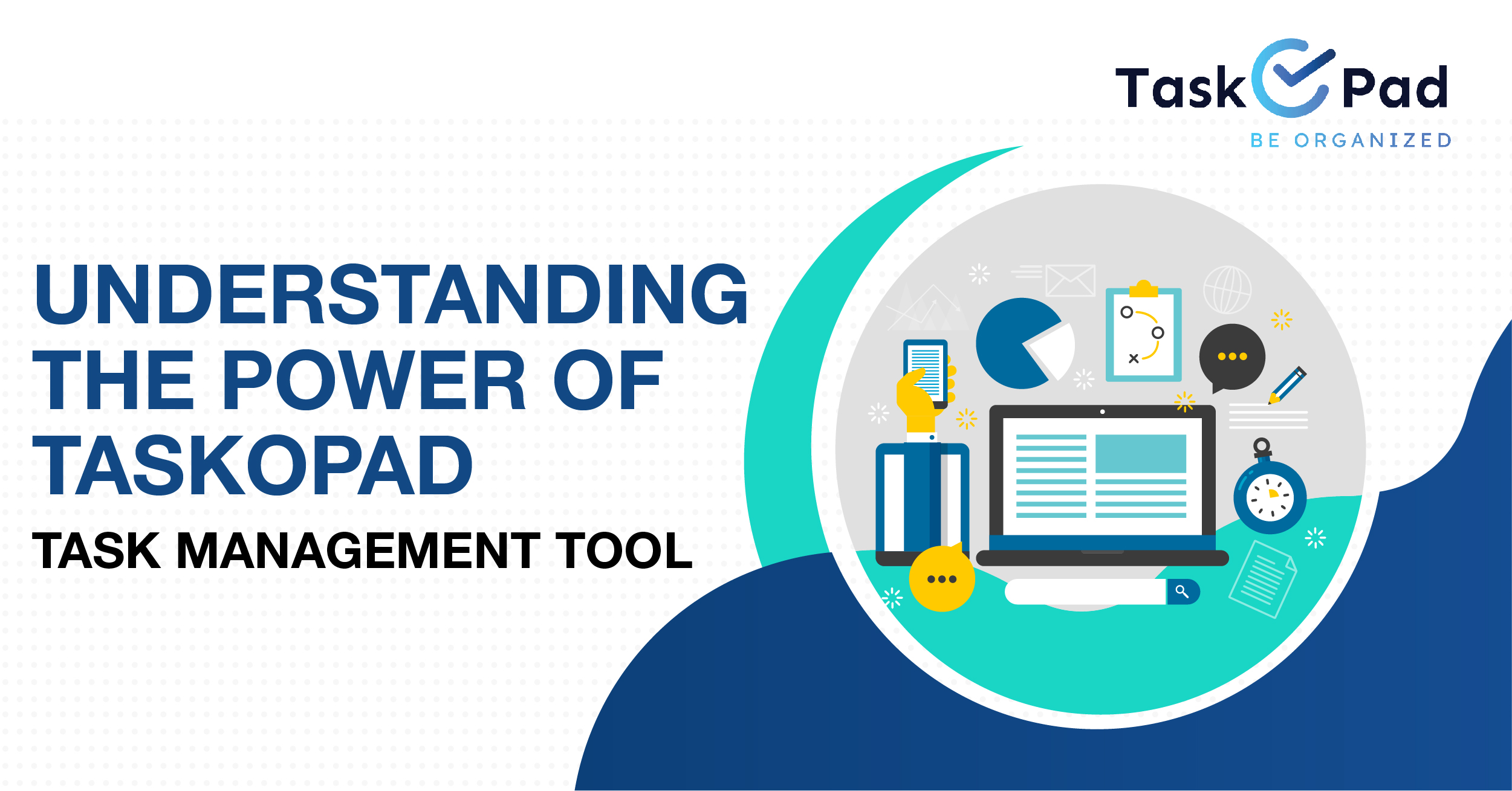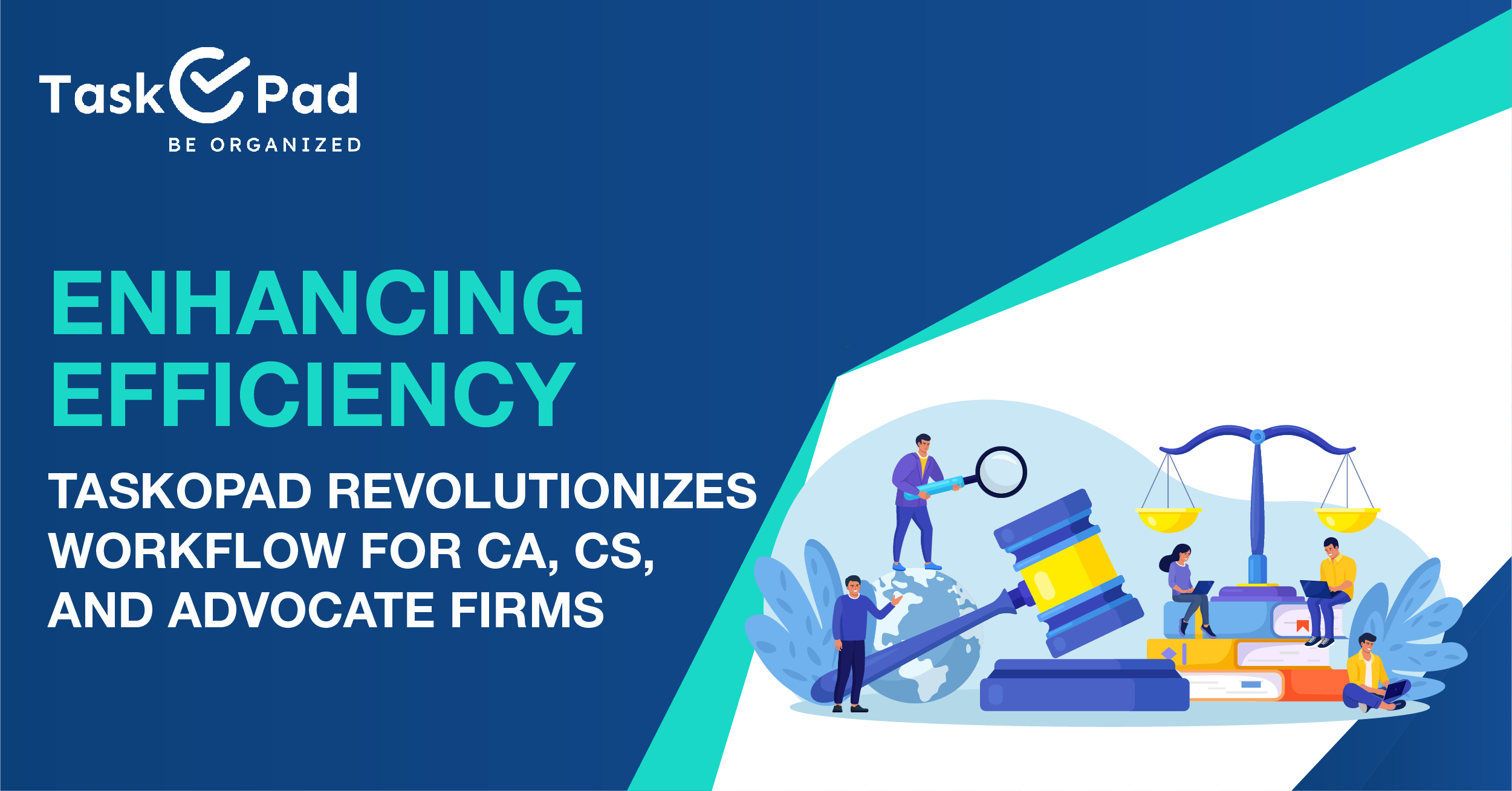
Productivity Tool
Unlocking Efficiency: How Task Management Has Transformed Productivity Across All Sectors
Aug 22nd, 2023
In a fast-paced world driven by technological advancements, effective task management has emerged as a cornerstone of success across all sectors. From corporate enterprises to healthcare, education, and beyond, the adoption of streamlined task management strategies has revolutionized how work is organized, executed, and optimized. In this blog, we’ll explore how task management has significantly improved productivity in various sectors, unleashing new levels of efficiency and effectiveness.
1. Corporate Enterprises: In the corporate realm, task management tools have become invaluable assets. They enable teams to collaborate seamlessly on projects, allocate tasks, set deadlines, and monitor progress in real-time. This level of transparency fosters accountability, reduces duplication of efforts, and ensures that the entire team is aligned towards a common goal. As a result, corporate enterprises experience improved communication, reduced bottlenecks, and enhanced overall productivity.
2. Healthcare Industry: The healthcare sector, often characterized by intricate procedures and patient care, has greatly benefited from task management tools. These tools facilitate efficient patient scheduling, treatment planning, and follow-up activities. Medical staff can access patient records, track medications, and ensure timely procedures, resulting in optimized patient care. Moreover, administrative tasks like inventory management and appointment scheduling are streamlined, allowing healthcare professionals to dedicate more time to patient-centric activities.
3. Education Sector: Educational institutions have witnessed a transformation in task management, particularly with the rise of digital learning platforms. Teachers can assign tasks, projects, and assessments to students digitally, keeping track of submission dates and progress. This real-time monitoring enhances students’ accountability and enables educators to identify areas for improvement promptly. Additionally, school administrators can manage various administrative tasks more efficiently, from student enrollment to resource allocation.
4. Project Management: Industries that heavily rely on project-based work, such as construction and software development, have experienced remarkable productivity improvements through advanced task management tools. These tools offer features like Gantt charts, milestone tracking, and resource allocation, helping project managers optimize workflows, allocate resources effectively, and mitigate potential delays. As a result, projects are completed on time, within budget, and with enhanced quality.
5. Creative and Marketing Agencies: For creative teams and marketing agencies, task management tools have become essential for managing diverse projects and campaigns. These tools facilitate collaboration among designers, writers, and strategists, allowing them to coordinate their efforts and meet deadlines. With centralized task lists and shared calendars, creative agencies can streamline content creation, review processes, and campaign launches, resulting in improved efficiency and better campaign outcomes.
6. Small Businesses and Startups: Small businesses and startups often operate with limited resources and tight budgets. Task management tools offer cost-effective solutions to manage operations, track projects, and handle client interactions. By centralizing tasks, entrepreneurs can prioritize activities, ensure timely responses, and allocate resources efficiently. This increased organization contributes to the growth of small businesses and allows them to compete effectively in the market.
7. Remote Work Environments: The rise of remote work has further emphasized the importance of task management. Remote teams rely on task management tools to bridge geographical gaps and maintain communication. These tools facilitate virtual collaboration, task tracking, and progress monitoring, ensuring that remote employees remain aligned with company goals. As a result, remote work becomes more productive, reducing the challenges associated with distance and time zones.
8. Personal Productivity: Beyond the professional sphere, task management has also improved personal productivity. Individuals use task management tools to organize daily activities, set goals, and track progress. These tools help individuals prioritize tasks, manage time efficiently, and reduce the risk of burnout. With features like reminders and notifications, individuals can stay on track and accomplish tasks without feeling overwhelmed.
In conclusion, the transformative impact of task management on productivity is evident across all sectors. From corporate enterprises to healthcare, education, project management, creative agencies, small businesses, and even personal productivity, task management tools have reshaped the way work is approached, executed, and optimized. Through enhanced collaboration, streamlined workflows, and real-time tracking, task management tools have empowered professionals to achieve more in less time, fostering a culture of efficiency and innovation. As technology continues to advance, we can expect task management tools to play an increasingly vital role in shaping the future of work across all sectors.
Search by posts
Search by posts
Recent posts
5-19-2024
Productivity Tool













